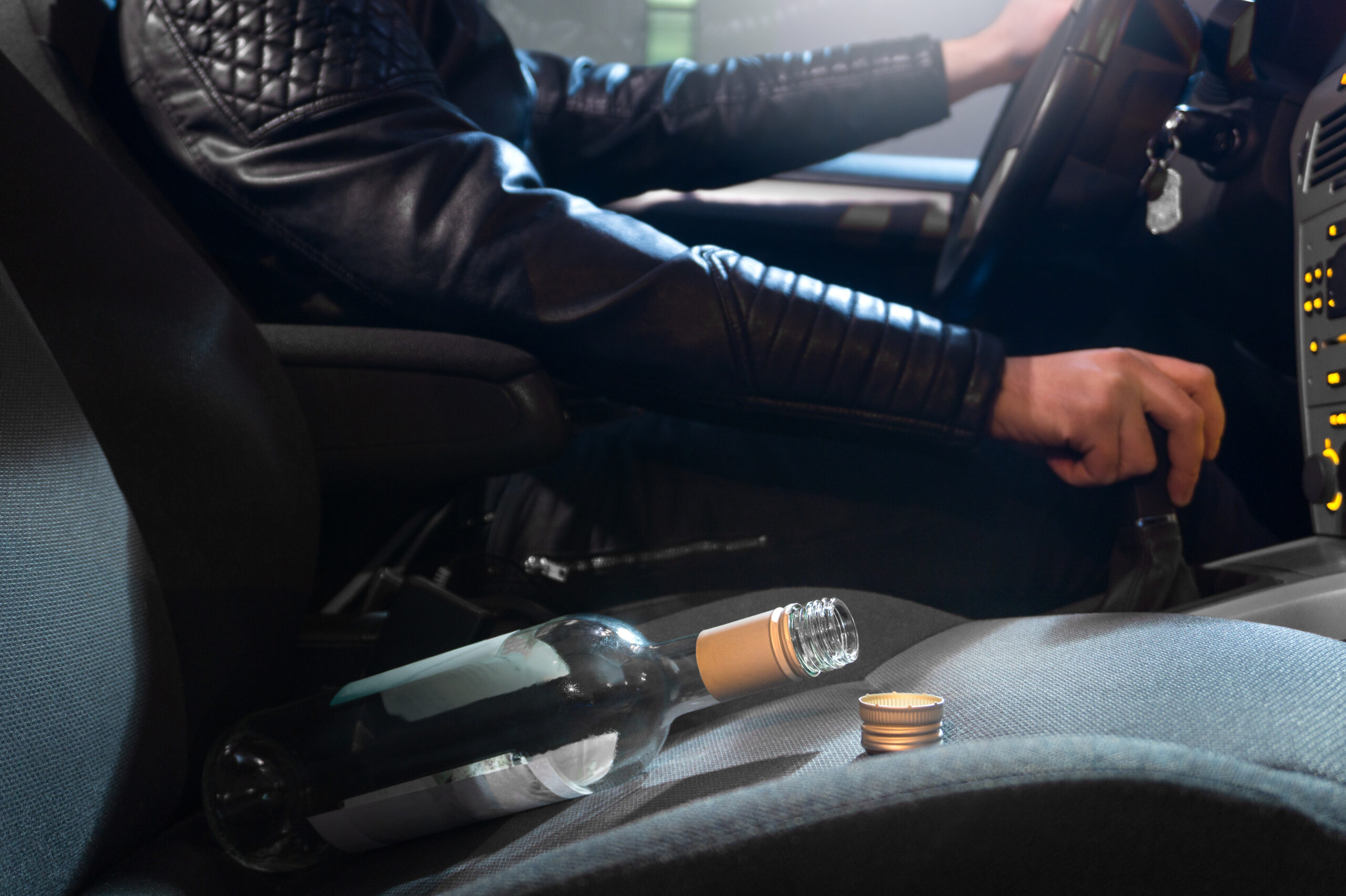A Brief Look at How Alcohol Affects Your Driving Ability

Driving under the influence of alcohol is a serious issue that impacts thousands of lives each year. Alcohol is a depressant that impairs judgment, concentration, and motor skills, which are all crucial abilities for driving safely. Understanding how alcohol affects your driving ability can help you make informed decisions and stay safe on the road. This brief guide will explore how a high blood alcohol content (BAC) impacts different aspects of driving.
Lowered Inhibitions
Drinking alcohol is commonly associated with lowered inhibitions and poor judgment. This can lead to making risky decisions behind the wheel, such as speeding or ignoring traffic signals. Intoxicated drivers are less likely to be aware of their surroundings and potential dangers on the road than alert, sober drivers typically are. Lowered inhibitions might make you feel overconfident in your driving abilities, which leads to poor decision making.
Lack of Coordination
Intoxication impairs fine motor skills in the hands and gross motor skills like controlling arms and legs. Coordination is essential for tasks like steering, braking, and accelerating. When alcohol impairs these abilities, maintaining control of a vehicle becomes challenging. These motor skill impairments often go unnoticed until a critical moment, leading an intoxicated driver to put themself and others in danger.
Reduced Reaction Times
Reaction time is another critical aspect of safe driving. Alcohol slows down the brain’s processing speed, making it harder to react quickly to sudden changes on the road. Slowed reaction times go hand in hand with impaired coordination. An intoxicated driver will have difficulty controlling a vehicle properly to avoid an accident because they cannot react appropriately to sudden hazards.
Impaired Vision
Alcohol can also affect your driving ability by causing blurry or distorted vision, making it difficult to see the road clearly. Nighttime driving becomes particularly hazardous, as alcohol reduces your ability to process visual information in low-light conditions. Impaired vision affects depth perception, making it hard to judge distances accurately, which is crucial for tasks like merging lanes or gauging the gap between vehicles.
Reckless Driving
Alcohol’s effect on your judgment, coordination, reaction times, and vision makes adhering to traffic laws and driving responsibly a challenge. Reckless driving can refer to a broad scope of risky behavior, such as road rage, erratic lane changes, and failure to yield the right of way. Such actions not only jeopardize your safety but also put the lives of others at risk.
The risks of driving intoxicated are too great to ignore. Furthermore, drivers who are arrested for a DUI or DWI in Florida or Virginia must acquire FR44 auto insurance in order to comply with state laws regarding reinstating their driver’s licenses. Serenity Group can help high-risk drivers find affordable FR44 insurance policies to meet minimum coverage requirements and start driving responsibly again.

Recent Comments